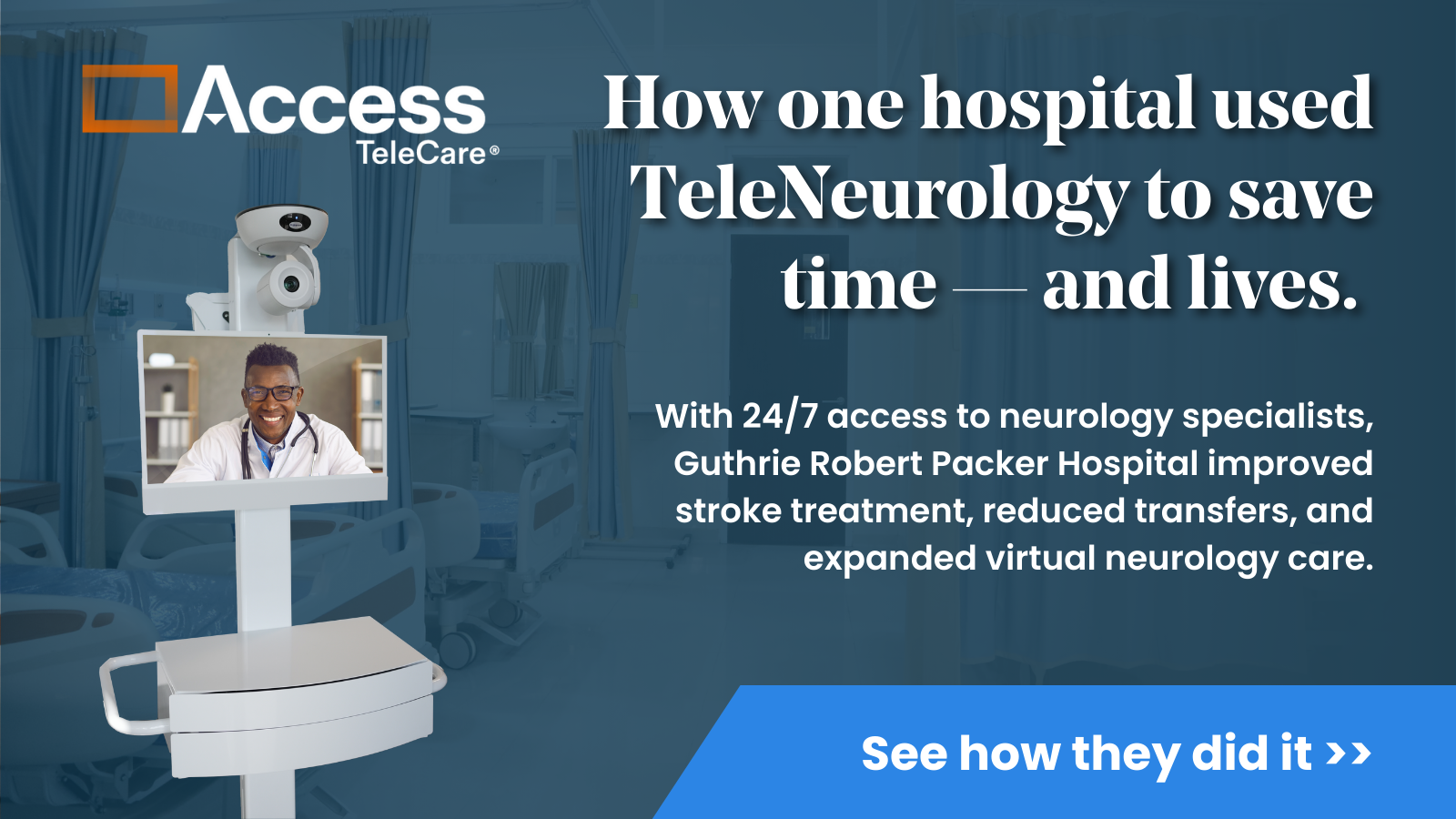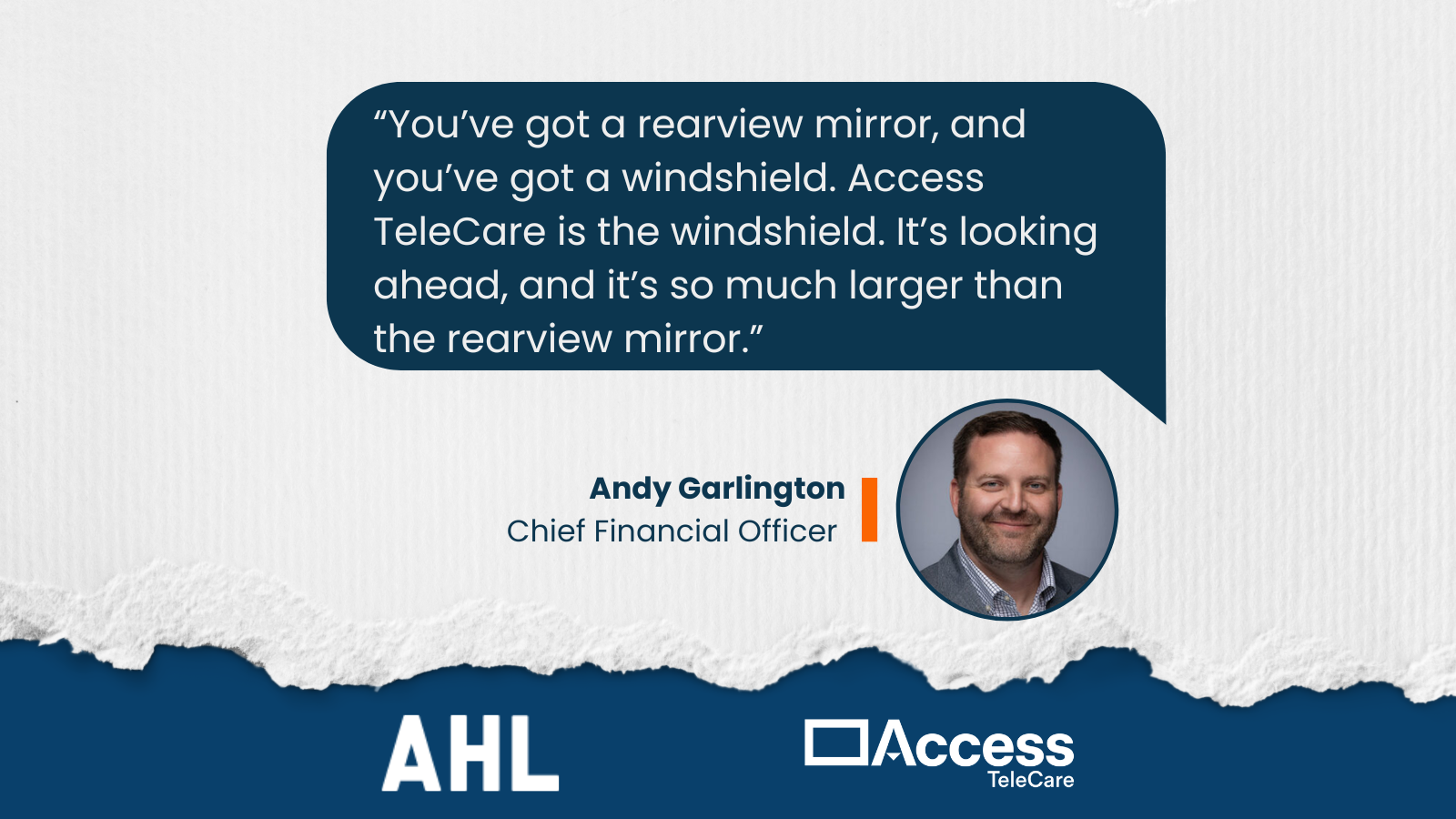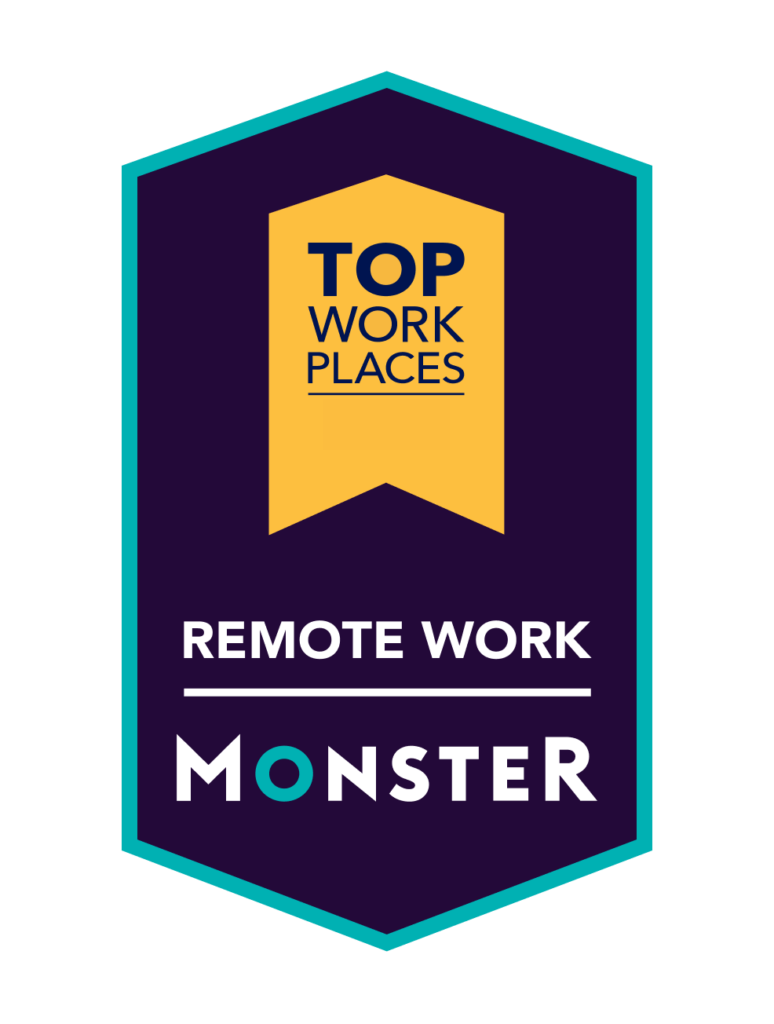Telemedicine plays a central role in expanding access to mental health care – a crucial part of the struggle for mental health parity, and one that might be in jeopardy in a post-Chevron landscape, according to R. Jason Hallock, M.D., chief clinical innovation officer at Access TeleCare.
In a piece published in MedCity News, Dr. Hallock discussed the urgency around achieving mental health parity, and how telemedicine is already contributing toward that goal.
“The fight for mental health parity in the U.S. has been long and challenging,” Dr. Hallock said in the article. “Telemedicine can be as effective as, or even better than, in-person treatments for mental health and substance use disorders.”
With one in five U.S. adults experiencing mental illness every year and communities across the country, especially in rural areas, facing shortages of in-person behavioral health professionals, telemedicine must be considered central to any strategy for expanding access to mental health care.
Learn more about Access TeleCare’s behavioral health telemedicine programs and see how our programs increase timely access to mental health care and enhance the level of care our hospital partners can provide.
How teleNeurology transformed stroke care at Guthrie Robert Packer Hospital
Time is of the essence in stroke care, but without [...]
Driving innovation in digital-first care at ATA Nexus 2025
The next era of healthcare will be driven by [...]
Telemedicine leadership at Becker’s Annual Meeting 2025
The healthcare industry is facing growing challenges in workforce [...]











